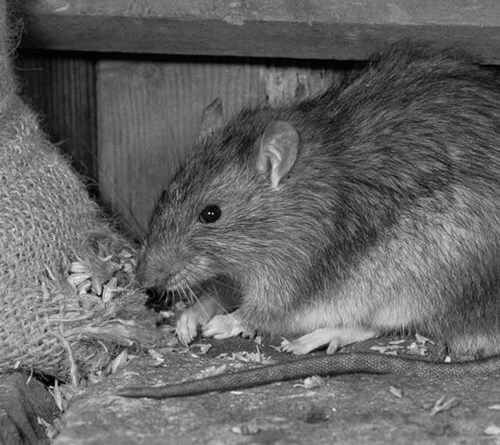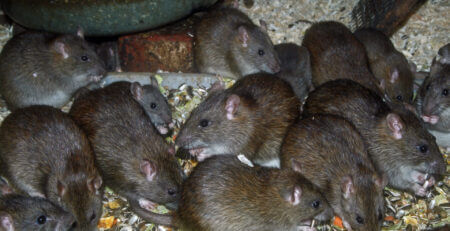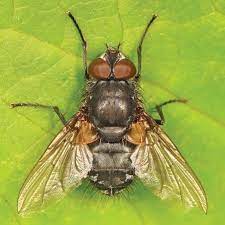Health Risks Associated with Rats in the UK: Diseases and Allergies
Rats are more than just a nuisance; they pose significant health risks to humans in the UK. These pests can transmit diseases, contaminate food, and trigger allergies. In this article, Pest Control Direct highlights the health risks associated with rats in the UK, emphasizing the importance of rat control and proactive measures to protect public health.
Diseases Transmitted by Rats
Rats are known carriers of various diseases that can be transmitted to humans. Here are some common diseases associated with rats in the UK:
- Leptospirosis (Weil’s disease): This bacterial infection can be contracted through contact with rat urine or contaminated water. It can lead to symptoms such as high fever, muscle pain, jaundice, and potentially severe complications.
- Salmonellosis: Rats can contaminate food and surfaces with Salmonella bacteria, leading to symptoms like diarhea, abdominal pain, fever, and vomiting.
- Rat-Bite Fever: This bacterial infection can be transmitted through bites or scratches from infected rats. Symptoms include fever, joint pain, rash, and in some cases, serious complications.
- Hantavirus: While rare in the UK, some rat species can carry hantavirus, which can cause a severe respiratory illness known as hantavirus pulmonary syndrome (HPS). Symptoms include fever, fatigue, muscle aches, and potentially life-threatening respiratory distress.
Contamination of Food and Water
Rats contaminate food and water sources, posing a significant risk to human health:
- Food Contamination: Rats can access food storage areas in homes, restaurants, or food processing facilities, contaminating them with their droppings, urine, or hair. Consuming contaminated food can lead to gastrointestinal illnesses and other health complications.
- Water Contamination: Rat infestations near water sources or storage tanks can result in water contamination. Ingesting water contaminated with rat urine or feaces can lead to the transmission of diseases such as leptospirosis.
Allergies and Asthma
Rats can trigger allergies and exacerbate asthma symptoms, particularly through their urine, droppings, or shed fur:
- Allergic Reactions: Some individuals may develop allergic reactions to rat allergens. Exposure to rat urine, droppings, or dander can cause symptoms such as sneezing, itching, watery eyes, and skin rashes.
- Asthma Aggravation: For those with asthma, exposure to rat allergens can worsen respiratory symptoms, leading to increased coughing, wheezing, shortness of breath, and asthma attacks.
Prevention and Control Measures
To minimize the health risks associated with rats in the UK, it is important to implement preventive measures and seek professional rat control services:
- Maintain Hygiene: Practice good sanitation by storing food in secure containers, promptly cleaning up spills, and disposing of waste properly. Regularly clean and disinfect areas where rats may have been present.
- Seal Entry Points: Identify and seal potential entry points, such as gaps, cracks, or openings in walls, floors, or foundations, to prevent rats from accessing your property.
- Secure Food and Water Sources: Store food in rodent-proof containers, ensure proper waste management, and avoid leaving pet food or water sources accessible to rats.
- Professional Rat Control: If you suspect a rat infestation, seek professional pest control services experienced in rat control in the UK. They can assess the infestation, implement appropriate control measures, and provide guidance on long-term prevention strategies.
Conclusion
Rats in the UK pose significant health risks through the transmission of diseases, contamination of food and water, and allergen triggers. It is essential to take proactive measures, including practicing good hygiene, securing food and water sources, sealing entry points, and seeking professional rat control services. By addressing rat infestations promptly and effectively, we can minimize the health risks associated with rats and create a safer and healthier environment for all.










